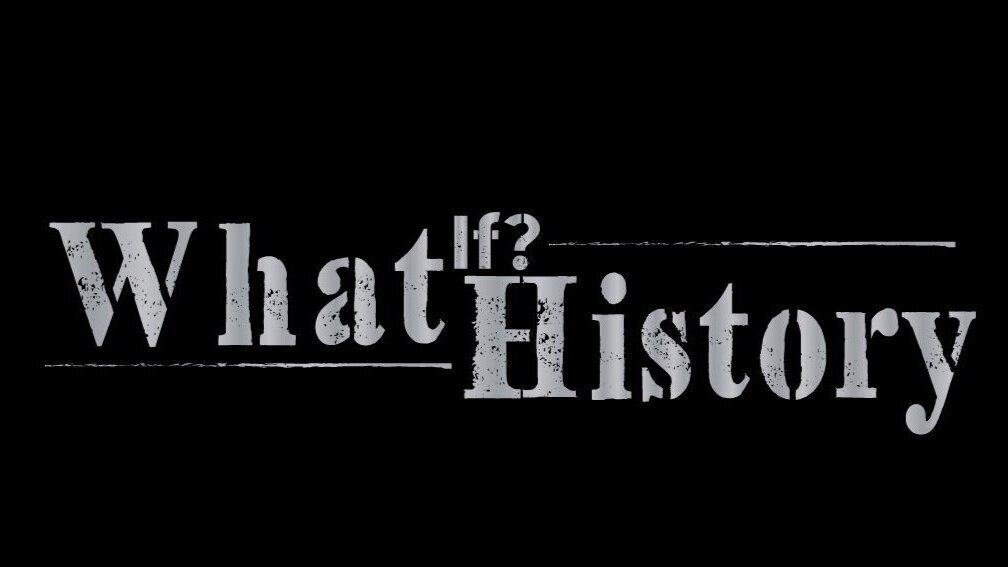What If the Manhattan Project Failed?
Welcome to another intriguing exploration of alternative history on What If History! Today, we delve into a fascinating "what if" scenario: What if the Manhattan Project, the top-secret research initiative that led to the creation of the atomic bomb, had failed? Let us embark on a journey through the realms of imagination as we ponder the potential consequences of such an outcome.
In our timeline, the successful development of the atomic bomb played a pivotal role in hastening the end of World War II. The bombings of Hiroshima and Nagasaki forced Japan's surrender and forever changed the course of history. However, in this alternative reality, we envision a different outcome, one in which the Manhattan Project encounters insurmountable obstacles or outright failure.
Without the atomic bomb as a game-changing weapon, the war might have persisted for much longer. The Allies, particularly the United States, would have faced the daunting prospect of launching a costly ground invasion of Japan. Such an invasion could have resulted in unprecedented casualties and prolonged the conflict for months, if not years.
In the absence of the atomic bomb, the Allies would have been forced to rely on conventional warfare tactics to subdue Japan. This would have likely involved extensive aerial bombings, naval blockades, and large-scale amphibious assaults. These methods, while effective to some extent, would have exacted a heavy toll on both sides and caused widespread destruction.
The Japanese military had a deeply entrenched and fanatical dedication to their cause. In the face of a ground invasion, they might have resorted to unconventional tactics, such as guerilla warfare or kamikaze attacks, causing significant casualties among the Allied forces. Japan's mountainous terrain and network of island defenses would have posed formidable challenges for the invading armies.
In this alternate reality, the Soviet Union might have played a more significant role in the war against Japan. With the atomic bomb out of the equation, the Soviet Red Army could have intensified its operations in the Far East, potentially launching a full-scale invasion. The consequences of a Soviet occupation of Japan would have significantly altered the post-war balance of power.
The prolonged war would have had far-reaching implications for the post-war world order. The exhaustion of resources and the mounting casualties would have strained the economies and societies of the participating nations. The reshaping of borders, alliances, and geopolitical dynamics would have been unpredictable, leading to a vastly different global landscape.
As we contemplate the "what if" scenario of the Manhattan Project's failure, we find ourselves immersed in a complex web of possibilities. The absence of the atomic bomb could have prolonged the conflict, altered the strategies of the Allies and Japan, and reshaped the world order as we know it. While we can only speculate about the outcome, it serves as a reminder of the profound impact that historical events can have on our present reality.
Join us next time on What If History as we delve into more captivating "what if" scenarios that challenge our understanding of the past and illuminate the intricacies of our shared human story.



